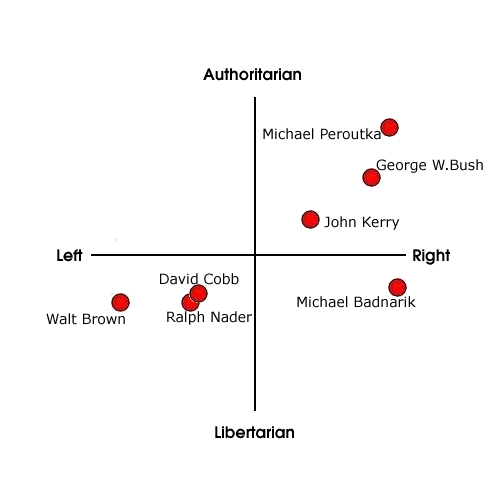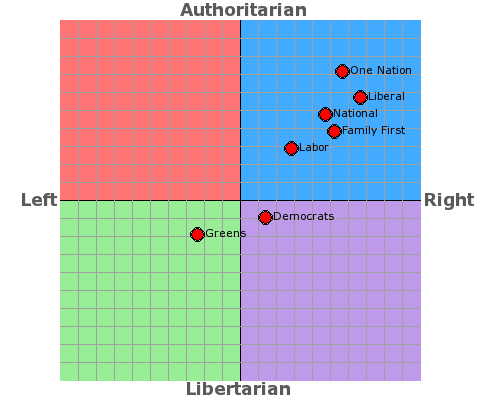Hmmm, I don't necessarily agree with either of your "system" descritions.
"willing buyer, willing seller, negotiated price, product, and quality." How do things like monopoly's fit into this equation? Big supermarket chains dominate and exterminate smaller competition and eventually the "willing buyer" is left no option but to pay extortionate prices for goods that the supermarkets have purchsed for a pittance 'cos the growers/manufacturers have no-one else to sell too.
Or resource companies who actively destabalise the countries they are raping so they can insert/buy a sympathetic puppet government....
Or globalised companies who demand cheap power, low taxation, high emissions allowance for their factories or they'll take them somewhere else.....
Or drug companies holding people to ransom for horrendously overpriced medication that is produced for next to nothing. Whole African country's are decimated by disease yet still drug companies put shareholder value above millions of human lives.
I could go on and on.......
"...the control economy. This is a system where those with power (an army or police force) are in control. Feudalisim, communisim and socialisim are examples of these systems."
This description could equally apply to any capitalist country, the United States for example. The US Army didn't choose to get involved in Korea, Vietnam, Chile, Honduras, Nicaragua, Iraq, Afghanistan etc, they got involved as directed by their capitalist government. As leader of the most capitalist country on earth, George Dubya also happens to have the most powerful Armed Forces on Earth so the power argument has nothing to do with capitalism, communism or any other _ism. As for the communism equals violence argument how do you equate the idea of a commune with that? Picture a commune and violence is the last thing that springs to mind.
Economic violence is still violence and kills just as surely, although in a far more insidious manner.






 Reply With Quote
Reply With Quote





Bookmarks